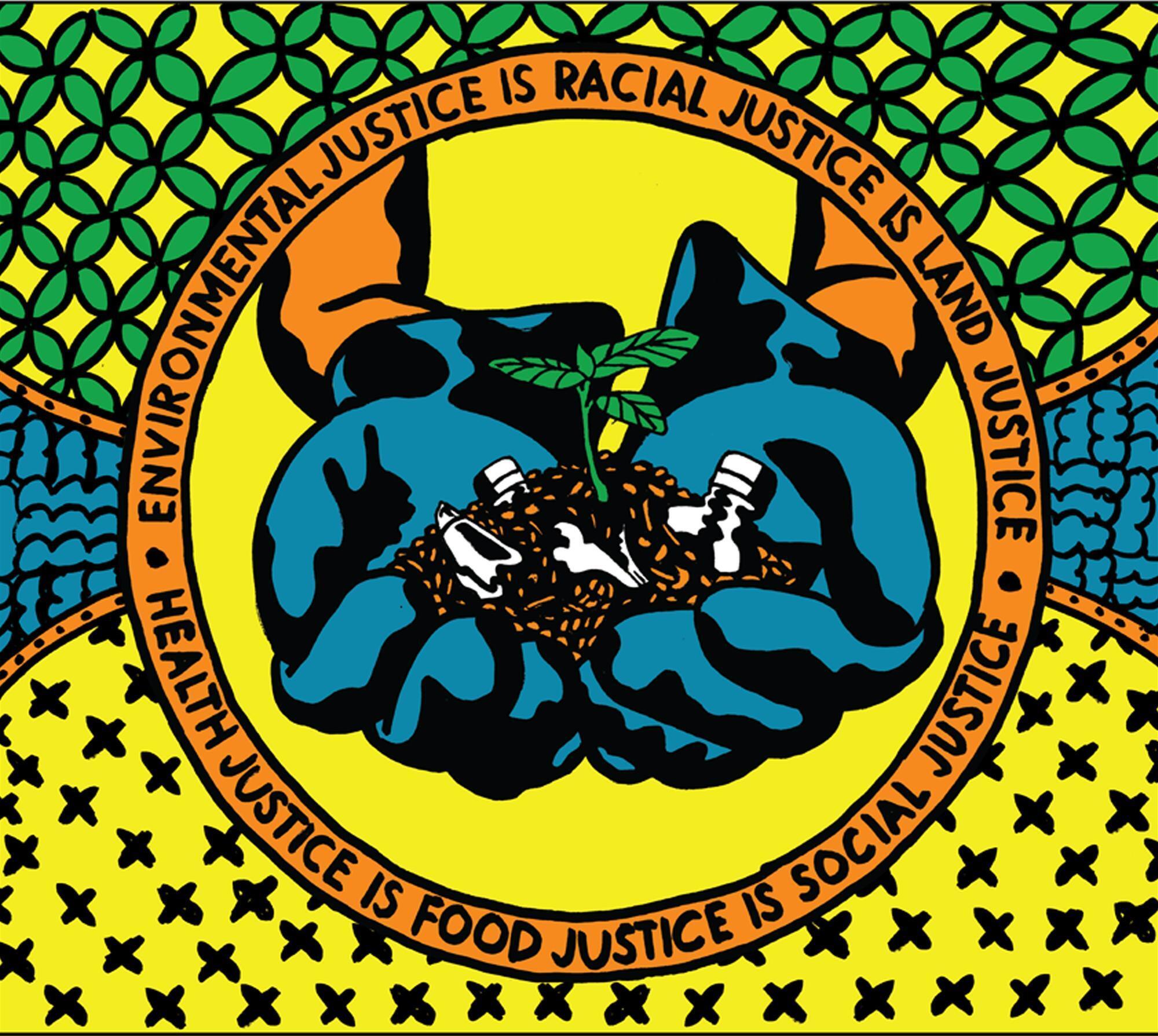 Today, the White House announced the
members
of the White House Environmental Justice Advisory
Council
(WHEJAC). The advisory council will provide advice and recommendations
to the Chair of the Council on Environmental Quality (soon to be Brenda
Mallory) and the White House Environmental Justice Interagency Council
on how to address current and historic environmental injustices.
Today, the White House announced the
members
of the White House Environmental Justice Advisory
Council
(WHEJAC). The advisory council will provide advice and recommendations
to the Chair of the Council on Environmental Quality (soon to be Brenda
Mallory) and the White House Environmental Justice Interagency Council
on how to address current and historic environmental injustices.
The first meeting of the WHEJAC will be held virtually tomorrow, March 30, and will be open to the public.
The White House Environmental Justice Advisory Council (WHEJAC) was established by President Biden’s executive order, Tackling the Climate Crisis at Home and Abroad. Biden’s order also established the White House EJ Interagency Council as the successor to the Environmental Justice Interagency Working Group, which was established in 1994 by Executive Order 12898, Federal Actions to Address Environmental Justice in Minority Populations and Low-Income Populations.
- LaTricea Adams, founder, Black Millennials For Flint, Michigan
- Susana Almanza, founder, People Organized in Defense of Earth and her Resources, Texas
- Jade Begay, climate justice campaign director, NDN Collective, South Dakota
- Maria Belen-Power, associate executive director, GreenRoots, Massachusetts
- Dr. Robert Bullard, Texas
- Tom Cormons, executive director, Appalachian Voices, Virginia
- Andrea Delgado, goverment affairs director, United Farm Workers Foundation, founding board member, Green Latinos, Washington, D.C.
- Catherine Flowers, founder, Center for Rural Enterprise and Environmental Justice, Alabama
- Jerome Foster II, founder, OneMillionOfUs, New York
- Kim Havey, director of sustainability, City of Minneapolis, Minnesota
- Angelo Logan, campaign director, Moving Forward Network, California
- Maria Lopez-Nunez, director of environmental justice and community development, Ironbound Community Corporation, New Jersey
- Harold Mitchell, founder, Regenesis, South Carolina
- Richard Moore, co-coordinator, Environmental Justice Health Alliance, New Mexico
- Dr. Rachel Morello-Frosch, environmental health scientist, Berkeley Public Health, California
- Juan Parras, founder, Texas Environmental Justice Advocacy Services, Texas
- Michele Roberts, co-coordinator, Environmental Justice Health Alliance, Washington, D.C.
- Ruth Santiago, environmental justice lawyer, trustee, EarthJustice, Puerto Rico
- Dr. Nicky Sheats, director, New Jersey Environmental Justice Alliance, New Jersey
- Peggy Shepard, co-founder, WE ACT for Environmental Justice, New York
- Carletta Tilousi, Havasupai Tribal Council, Arizona
- Vi Waghiyi, Alaska Community Action on Toxics, Alaska
- Dr. Kyle Powys Whyte, environmental justice scholar, University of Michigan, Michigan
- Dr. Beverly Wright, executive director, Deep South Center for Environmental Justice, Louisiana
- Hli Xyooj, Director of Program Strategies, Hmong American Partnership, Minnesota
- Miya Yoshitani, executive director, Asian Pacific Environmental Network, California
The Environmental Protection Agency will fund and provide administrative support for the WHEJAC.
The council will advise on how to increase the government’s efforts to address current and historic environmental injustice through strengthening environmental justice monitoring and enforcement. The duties of the WHEJAC are to provide advice and recommendations on issues including, but not limited, to environmental justice in the following areas:
- Climate change mitigation, resilience, and disaster management
- Toxics, pesticides, and pollution reduction in overburdened communities
- Equitable conservation and public lands use
- Tribal and Indigenous issues
- Clean energy transition
- Sustainable infrastructure, including clean water, transportation, and the built environment
- NEPA, enforcement and civil rights
- Increasing the federal government’s efforts to address current and historic environmental injustice
The WHEJAC will complement the ongoing work of the National Environmental Justice Advisory Council, a federal advisory committee established in 1993 to provide advice and recommendations on EJ issues to the Administrator of the EPA.
For updates, subscribe to the EPA-EJ listserv.